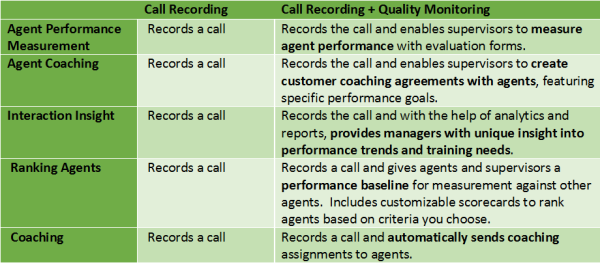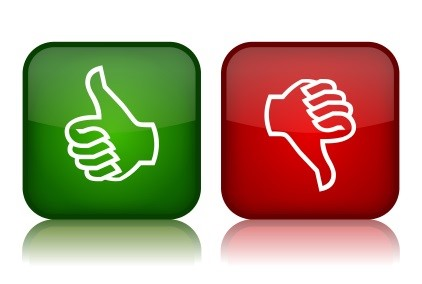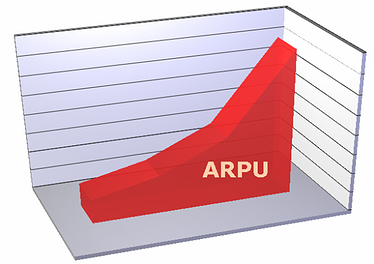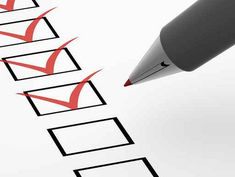Before you purchase a call recording solution you need to be sure you receive adequate answers to a number of very important questions. The right answers to these questions will ensure the system will fit your specific needs, will scale with you as you grow and will interoperate with your existing environment.
These are the questions:
1. Do I pay upfront as a capital expenditure or is there a subscription fee?
2. Do I have to sign a long term contract or simply pay as I go?
3. What does the implementation process entail? How long? How much involvement is required on my end? Do I need to have specific technical expertise?

4. Do I have to pay for all features and capabilities or can I select what I want? In other words, is it a single integrated solution or modular and I can pick and choose call recording, quality monitoring, screen recording, live monitoring, mobile recording, etc.?
5. Is there an open API so I can integrate with my other existing applications?
6. What PBXs does the system support?
7. What are the ongoing maintenance requirements?
8. What is involved in customizing the software to my specific look and feel, requirements, etc.? Does it require your professional services support?
9. How many current users/customers do you have? What countries are they in?
10. How do I know you will be around in three to five years?
11. Can I review some customer success stories?
12. Do you offer a free trial so I can test the software out in my environment before I purchase?
13. What type of training do you offer and how long does it take to become proficient with the software? Is it easy to learn?
14. How many channels/seats can your software support?
15. Can I use my own server(s)?
16. Does your software support multi-site? How about multi-tenant?
17. Can I speak with some satisfied customers?
18. Is your software PCI Compliant? HIPAA Compliant?
19. Are recorded calls portable in an open-file format?
20. Do you support TDM and VoIP?
21. What if I need to add more users? Do I need more hardware? What is involved?
22. Do you offer mobile phone recording?














